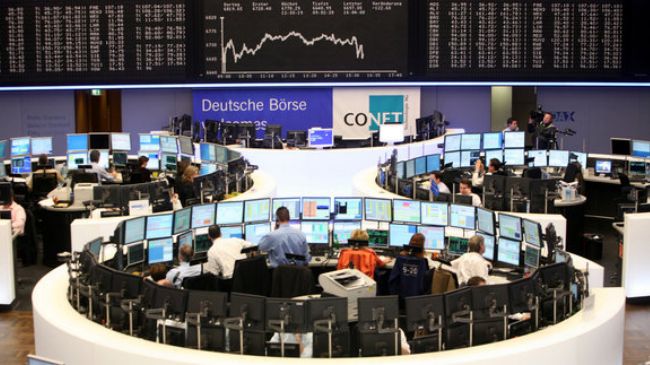Russ explains the two major factors behind last week’s U.S. equity market sell-off as well as why investors should expect more volatility ahead and consider international stocks.
by Russ Koesterich, Portfolio Manager, Blackrock
After a rocky first few weeks of the year, U.S. equity markets fell sharply last week. The media blamed much of the decline on market turmoil in emerging markets. China reported some surprisingly weak economic data, and financial turmoil in Argentina and Turkey led to a sell-off in EM currencies.
But while EM volatility certainly contributed to investor angst, I believe last week’s equity market sell-off had more to do with two other factors, as I write in my new weekly commentary.
1. Stretched Valuations. Last year’s gains were powered mostly by multiple expansion – investors were willing to pay increasingly more for a dollar of earnings. In fact, 2013 saw the largest single-year increase in market valuations since 1998. In addition, not only did stocks become more expensive, but bonds became cheaper. As a result, many large institutions are rotating back into bonds, contributing to pressure on equities.
2. Domestic issues. Last year’s rally was largely an act of faith that the economy and earnings would improve, justifying higher stock prices. While the economy does appear to be mending, the improvement has been modest and gains are not yet evident in earnings numbers. It’s still relatively early in the fourth-quarter reporting season, and to date, the results have been respectable, but hardly inspiring. The percentage of companies that are reporting better-than-expected results is actually below the four-year average.
Investors’ growing frustration with earnings results is evident in recent flows. U.S. equity funds have been seeing outflows, while European and global equity funds have been attracting assets.
So what does this mean for investors and their portfolios? While I still think that stocks will post gains this year, those gains are likely to be more muted and accompanied by more ups and downs. As the Federal Reserve tapers, market volatility is likely to revert back to its longer-term average. As such, investors should consider preparing their portfolios for the rockier road ahead.
In addition, in a week when much of the news was negative, Europe surprised to the upside with a big surge in manufacturing. So, for investors that have focused on the United States, I advocate looking to increase international exposure to the other large developed economies, specifically Europe and Japan. In fact, I now hold overweight views of both markets. You can read more about my specific country views in my Investment Directions monthly market outlook piece.
Russ Koesterich, CFA, is the Chief Investment Strategist for BlackRock and iShares Chief Global Investment Strategist. He is a regular contributor to The Blog and you can find more of his posts here.
Source: BlackRock Weekly Commentary, Bloomberg
International investments may involve risk of capital loss from unfavorable fluctuation in currency values, from differences in generally accepted accounting principles or from economic or political instability in other nations.
Copyright © Blackrock















